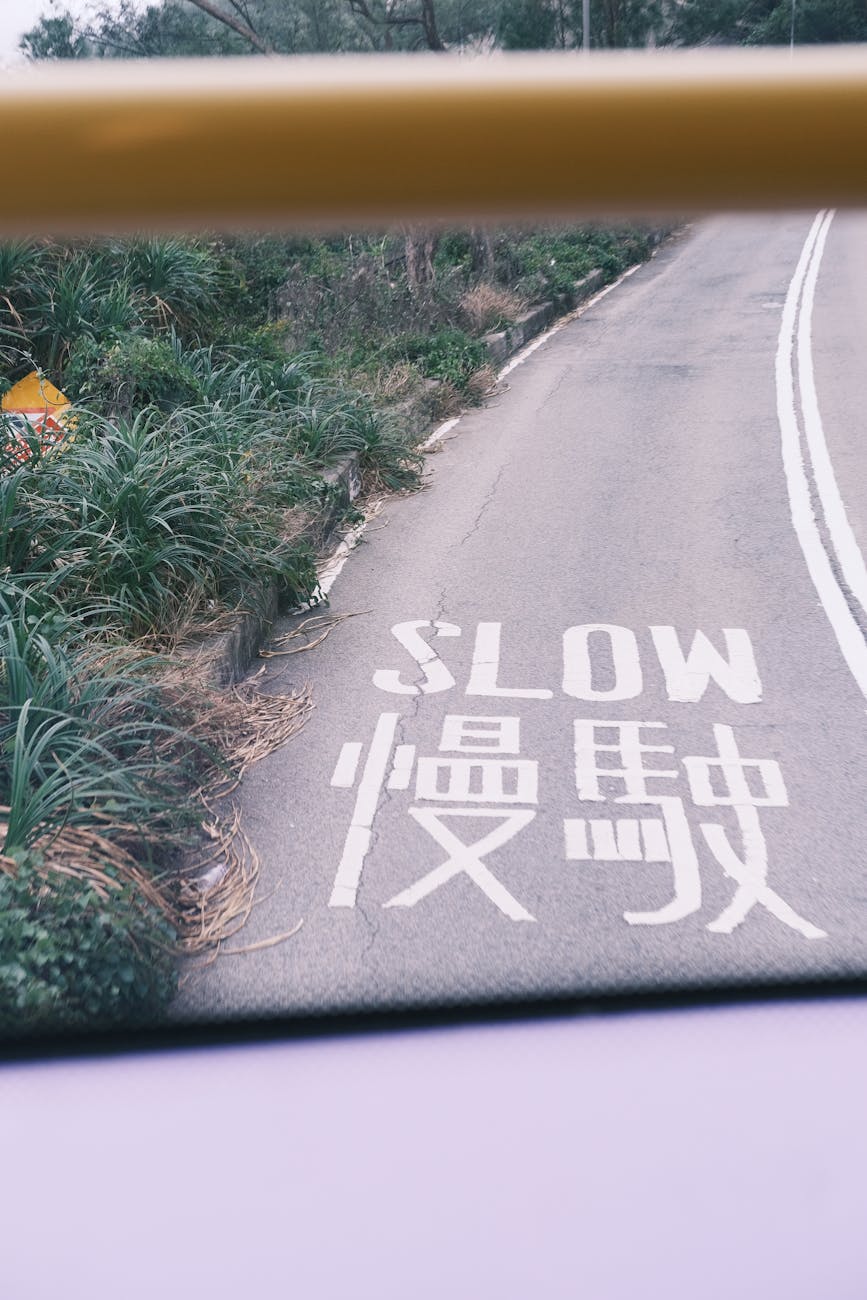Embarking on an adventure to Thailand is like stepping into a tapestry rich with vibrant culture, tantalizing cuisine, and breathtaking landscapes. To maximize your experience in this enchanting land, mastering essential communication tips is crucial. These guidelines can transform how you interact with locals, make connections, and immerse yourself fully in the Thai way of life. By grasping the nuances of local etiquette, common phrases, and cultural practices, not only will you engage more meaningfully during your trip, but you’ll also create unforgettable memories that last a lifetime.
This blog post serves as your gateway to understanding communication in Thailand, offering practical advice that extends beyond basic greetings. With a comprehensive table of contents, we will delve into the importance of learning Thai phrases, the significance of gestures and body language, the role of smiles in communication, and practical tips that can make your interactions smoother and more enjoyable. Join us as we explore how these essential communication tips could indeed be the key to unlocking the wonders of Thailand.
Table of Contents
- The Importance of Learning Thai Phrases
- Understanding Body Language and Gestures
- The Significance of Smiling in Thai Culture
- Practical Communication Tips for Travelers
- Unlocking Your Thai Adventure: Key Insights
- Frequently Asked Questions
The Importance of Learning Thai Phrases
When traveling to Thailand, learning a few essential Thai phrases can dramatically enhance your experience. While many Thais in tourist areas speak English, knowing basic words and expressions shows respect for the local culture and often fosters goodwill among locals. Simple greetings like “Sawasdee” (hello) and phrases such as “Khop khun” (thank you) create a bridge between you and the inviting Thai community. Moreover, these small gestures can only elevate your interactions as locals appreciate your effort. Notably, when you encounter challenging situations such as ordering food or asking for directions, speaking even basic Thai phrases can make transactions smoother and more amicable. It often leads to locals going the extra mile to assist you, whether offering precious insider tips or directions to lesser-known attractions. This reciprocal engagement can deepen your relationship with the culture and make your journey much more fulfilling.
Understanding Body Language and Gestures
Body language holds immense significance in Thai communication, where physical gestures often convey emotions and intentions just as strongly, if not more so, than spoken words. For instance, pointing with your feet is considered highly disrespectful, as feet are viewed as the lowest parts of the body in Thai culture. Instead, it is polite to point with your hand while keeping your feet flat on the ground. Another example is bowing slightly when greeting someone, demonstrating respect. Understanding these nuances can significantly improve interactions in a country where culture emphasizes politeness and harmony. Additionally, maintaining a calm demeanor during conversations is highly regarded; being animated or overly expressive may be misinterpreted. By attuning yourself to these nonverbal cues, you can engage in more respectful and harmonious exchanges, effectively blending into the vibrant Thai social environment.
The Significance of Smiling in Thai Culture
Thai culture is famously known as the Land of Smiles, and for good reason. A simple smile can dissolve tension and promote a friendly atmosphere, marking the importance of warmth in interactions. The Thai people often smile when expressing an array of emotions from happiness to discomfort. Therefore, adopting this practice enhances your chances of forging positive relationships. A genuine smile can melt barriers, making locals more receptive to conversations and interactions. It reflects openness and friendliness, encouraging a joyful exchange whether you are ordering food at a street stall or haggling at a market. Moreover, smiling can often serve as a polite response to challenging situations, diffusing potential conflicts elegantly. Thus, when in Thailand, let your smile become your universal language, transcending any linguistic barriers.
Practical Communication Tips for Travelers
Aside from learning phrases and understanding body language, several practical communication tips ensure a smoother travel experience. For starters, be attentive to the social dynamics surrounding you; understanding when to engage in conversation and when to observe can foster more genuine interactions. Additionally, be patient and ready to adapt your communication style to suit local preferences. Slow down your speech and utilize clear pronunciation, especially when encountering language barriers. When in doubt, using visual aids like maps or images can bolster your communication efforts tremendously. Furthermore, cultivating an openness to learning about Thai customs will reflect your genuine interest, adding depth to your interactions. Celebrate the differences you encounter, embrace local expressions, and engage in conversations that unveil the unique richness of the Thai experience. These tips can help you to not only communicate effectively but also create lasting bonds with the people along your journey.
Unlocking Your Thai Adventure: Key Insights
Your upcoming adventure in Thailand can be significantly enriched by mastering these essential communication tips. From learning key Thai phrases to adopting culturally appropriate nonverbal cues, these insights lay a robust foundation for genuine encounters with locals. By immersing yourself in the customs and practices of this beautiful nation, you’re poised to forge connections that go beyond the surface, opening doors to authentic experiences that traditional tourism often overlooks. Always remember that the journey is not solely about witnessing stunning landscapes or savoring delicious dishes; it’s about understanding the soul of the culture through communication. When you embrace these principles, you unlock a treasure trove of cultural insights that you may not have encountered otherwise, culminating in a travel experience that is not just memorable, but truly transformative.
Frequently Asked Questions
- What are some essential Thai phrases to learn? Basic phrases include “Sawasdee” for hello, “Khop khun” for thank you, and “Chai” for yes.
- Is it necessary to learn Thai to travel in Thailand? While not necessary, knowing a few key phrases can enhance your experience and help establish rapport with locals.
- Are gestures important in Thai culture? Yes, gestures play a significant role in communication, and understanding them can prevent misunderstandings.
- Why is smiling so important in Thailand? Smiling signifies friendliness and is a social norm that helps ease interactions and build relationships.
Image Credit: Pexels





